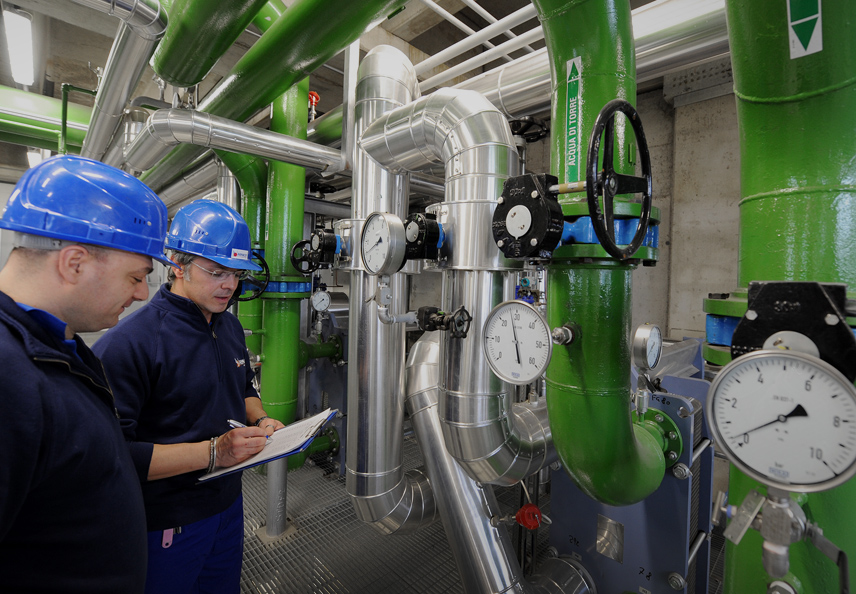Detailed Energy Audit
ServicesDetailed Energy Audit

Service Details
Detailed Energy Audit
A detailed energy audit is a comprehensive analysis that provides a detailed and long-term analysis of energy use in industrial enterprises across all processes and equipment. This study identifies energy consumption points, performs measurements, and identifies efficiency-enhancing opportunities.
Within the Scope of Our Detailed Energy Audit Service
- ✔ Preliminary Interview and Survey: The facility's existing energy infrastructure and production processes are analyzed.
- ✔ Detailed Measurements: Comprehensive measurements are made on electricity, heat, steam, cooling, compressed air, and process systems.
- ✔ Data Analysis and Energy Analysis: Collected data is analyzed in detail on a system basis, and consumption densities are calculated.
- ✔ Development of Efficiency-Enhancing Recommendations: Technical, economic, and environmental feasibility studies are conducted to address the identified energy losses.
- ✔ Reporting and Presentation: All study findings are presented in a detailed report. These are presented and communicated to the management team.
Major Systems Examined in the Detailed Energy Audit
During detailed energy audits, all energy-consuming systems of the facility are analyzed in detail. Both technical performance and energy efficiency are evaluated for each system.
- ✔ Electrical Systems: Electrical distribution systems, motors, lighting, and energy monitoring are examined. The goal is to optimize energy use and reduce losses.
- ✔ Steam and Hot Water Systems: Boiler efficiency, waste heat losses, insulation status, and automation elements are evaluated to identify energy-saving opportunities.
- ✔ Compressed Air Systems: Compressor performance, leak detection, and system control are analyzed. Compressed air production requires high energy consumption, and leaks can lead to significant losses.
- ✔ Refrigeration and Air Conditioning (HVAC) Systems: System efficiency, automation level, and equipment status are examined. Improvement recommendations are developed.
- ✔ Lighting Systems: Lighting systems in all areas of the facility are evaluated. Energy consumption is reduced with more efficient solutions.
- ✔ Waste Heat Recovery Systems: Resources such as boiler flue gases, process heat, and equipment exhausts are utilized. Energy savings are achieved and environmental benefits are created.
- ✔ Process Equipment: The energy performance of equipment used in production lines is analyzed. Solutions to increase efficiency in energy-intensive processes are developed.
- ✔ Auxiliary Systems: The efficiency and usage of auxiliary systems such as water pumps, electric heaters, and generators are reviewed.
Ready to Start Your Energy Efficiency Project?
As Ekosmart Energy, we're here to give you the best service in your energy efficiency projects and minimize your energy costs.